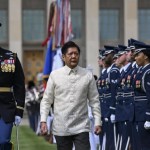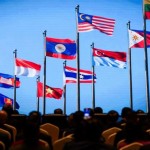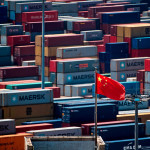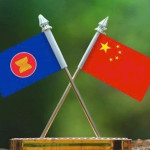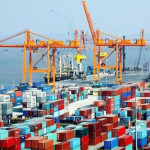Total number of posts 463.
From July 17 to 19, the 7th session of the Joint Committee on the Implementation of the Regional Comprehensive Economic Partnership (RCEP) was held in Surabaya, Indonesia, under the co-chairmanship of Indonesia and Australia, with the participation of more than 4 members from 80 RCEP member states including ASEAN, South Korea, China, Japan, Australia and New Zealand, as well as the ASEAN Secretariat.
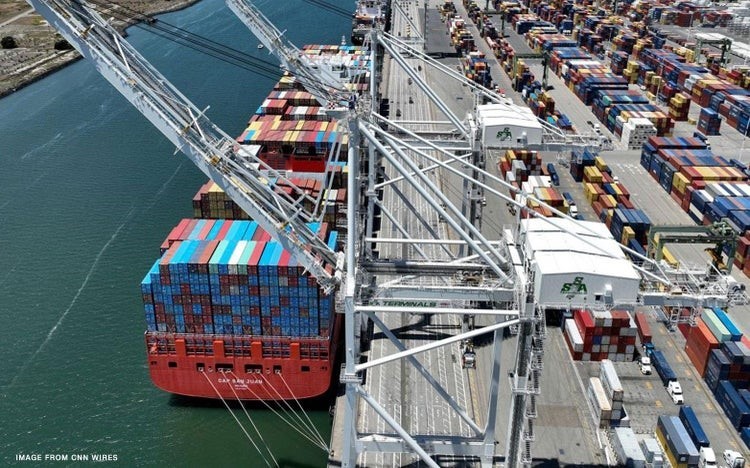
At the meeting, the parties discussed the scope of expanding business, trade and investment opportunities in the region thanks to the ratification and entry into force of RCEP in Indonesia and the Philippines this year. The countries also discussed key agenda items, such as the establishment and operation of the RCEP Secretariat.
Members also discussed the progress of implementation committees and expressed Sri Lanka's official interest in joining RCEP. The agenda items discussed in this joint committee meeting will be reported and implemented based on the consensus of the trade ministers of the 15 member countries at the upcoming RCEP ministerial meeting in August, held on the sidelines of ASEAN economic ministers' meetings. The session of the Joint Committee on the Implementation of RCEP also demonstrated its commitment to promoting closer economic ties in the region.
The meeting reviewed the possibility of Sri Lanka joining the trade agreement, as well as considering the implementation of agreed rules related to trade, investment, business opportunities and supply chain cooperation. By addressing these key areas, member states aim to strengthen regional trade partnerships and enhance economic integration. RCEP comprises ten member states of ASEAN, along with China, Japan, Australia and New Zealand.
The meeting in Surabaya serves as a platform for further engagement and cooperation among RCEP members. Based on the discussions in this meeting, member states aim to reach agreement on key issues during the upcoming RCEP ministerial meeting. The ministerial meeting is significant, setting the stage for decisive conclusions and further progress in promoting trade liberalization and economic cooperation in the region.
RCEP is a huge trade agreement, representing one of the world's largest free trade blocs. Member countries account for about 30% of global gross domestic product, population, and trade volume, making RCEP an important driver in the global economy. The agreement serves as an important platform for member countries to expand their markets, attract investment and promote sustainable growth.







